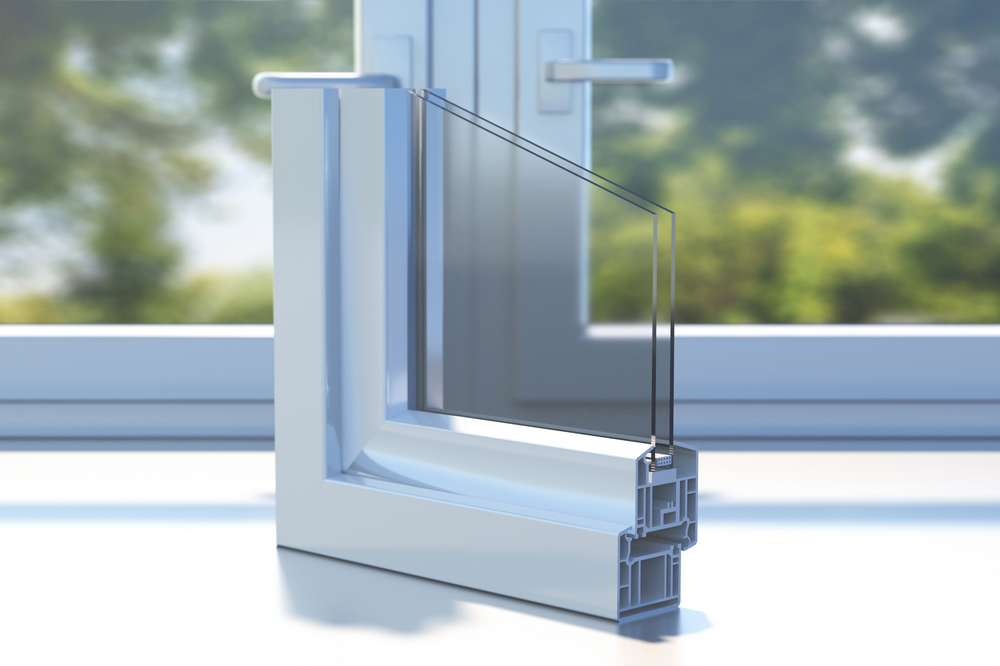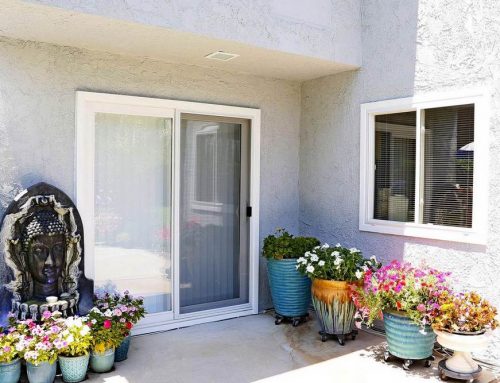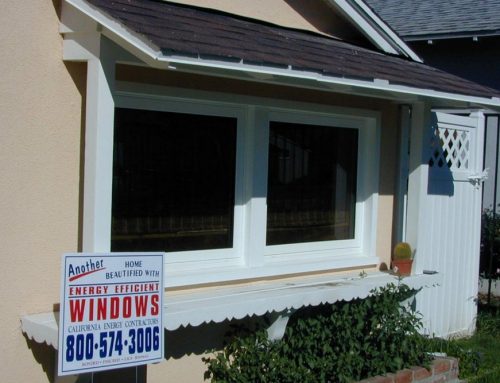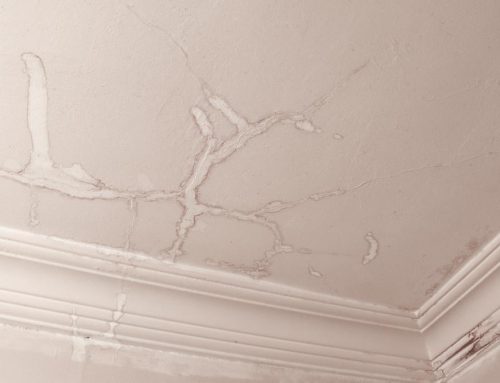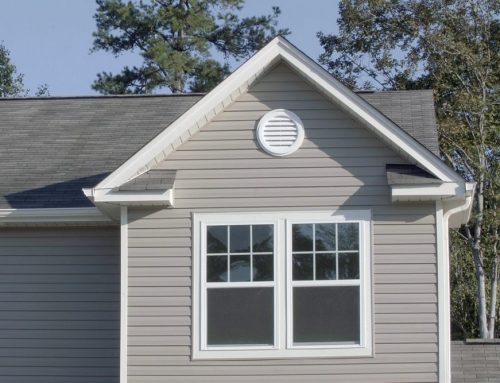Double pane windows, also known as insulated glass windows, are designed to improve energy efficiency, reduce noise pollution, and enhance home comfort. If you’re considering installing double pane windows, you may have some questions about what to look for, how they work, and how to maintain them. In this article, we’ll answer some of the most frequently asked questions about double pane windows.
What should I look for in a double pane window?
When shopping for double pane windows, look for the following features:
- Low-E glass: Low-E (low-emissivity) coatings help reduce heat transfer through the glass, improving energy efficiency and reducing the amount of UV rays that enter your home.
- Argon gas fill: This gas is denser than air and provides better insulation between the panes of glass.
- High-quality frames: Look for frames made of materials that are durable, energy-efficient, and low-maintenance, such as vinyl.
- Professional installation: Proper installation is critical for the performance and longevity of your windows. Look for a reputable contractor who has experience installing double pane windows.
What causes double pane windows to fail?
Double pane windows can fail due to a variety of reasons, including:
- Seal failure: Over time, the seal around the edge of the window can break down, allowing air or moisture to enter between the panes of glass.
- Thermal stress: Extreme temperature changes can cause the glass to expand/contract, which can lead to cracks or seal failure.
- Manufacturing defects: In some cases, double pane windows can fail due to defects in the manufacturing process.
If you notice fogging or condensation in between the panes of glass, this is a sign that the window has failed and needs to be replaced.
How thick should double pane glass be?
The thickness of double pane glass can vary depending on the manufacturer and the specific application. Generally, the glass thickness will range from 1/8” – 1/4” (3mm to 10mm) for each pane. The optimal thickness of the glass and air gap will depend on several factors, including climate, noise pollution, and energy efficiency requirements.
What is the best air gap for double glazing?
The optimal air gap for double glazing is typically around 1/2 inch (12mm). This gap provides sufficient insulation without adding too much weight or compromising the structural integrity of the window. The first double pane windows came with 1/4 inch space between the panes, but that was not enough. Some manufacturers started making 1 inch space, however that was too much.
Can you remove condensation between double pane windows?
Condensation between double pane windows is a sign of seal failure, and unfortunately, it cannot be fixed by removing the condensation. The only solution is to replace the window.
Are double pane windows worth the investment?
Yes! Double pane windows can significantly improve energy efficiency, reduce noise pollution, and enhance home comfort. While they may cost more upfront than single pane windows, the energy savings and other benefits can outweigh the initial cost over time.
Can I install double pane windows myself?
It is recommended to hire a professional contractor with experience installing windows. Improper installation can lead to issues with performance, durability, and safety.
In conclusion, double pane windows are a popular choice for homeowners looking to improve the energy efficiency and comfort of their homes. By understanding what to look for in a double pane window, how they can fail, and how to maintain them, you can make an informed decision about whether they are the right choice for your home. If you’re considering installing double pane windows, be sure to work with a reputable contractor to ensure proper installation and long-lasting performance. Contact the experts at California Energy Contractors. We want to provide you with the help you need to make the best, informed decisions for your home. For a free, no-obligation estimate, give us a call at (855) 779-1413 or fill out a form here.






